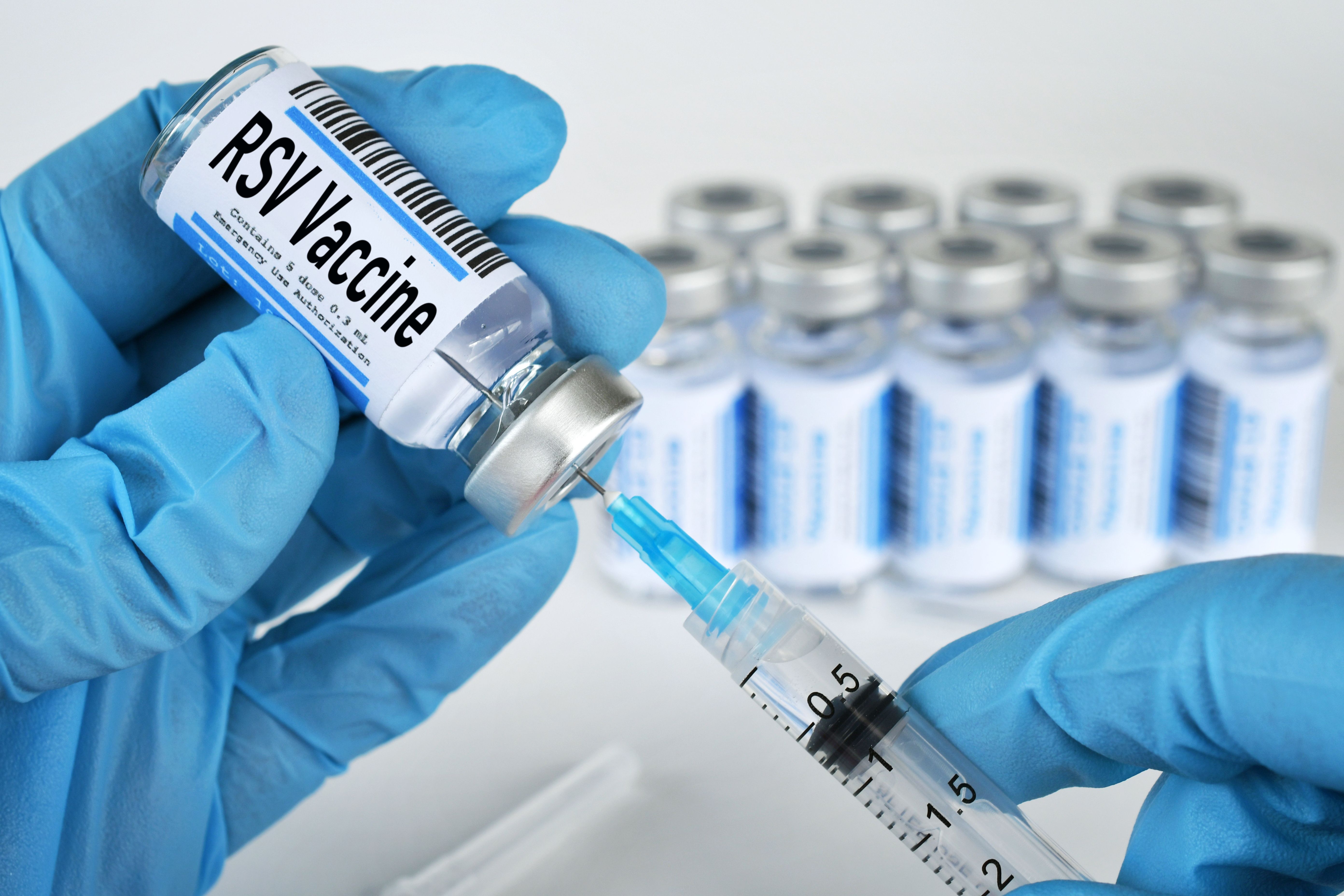- Center on Health Equity & Access
- Clinical
- Health Care Cost
- Health Care Delivery
- Insurance
- Policy
- Technology
- Value-Based Care
CDC Releases Additional Doses of Nirsevimab-Alip for RSV Immunization in Infants
More than 77,000 additional doses of nirsevimab-alip will be distributed for respiratory syndactyl virus (RSV) immunization in infants.
Additional doses of nirsevimab-alip (Beyfortus), a long-acting monoclonal antibody designed to protect infants against severe respiratory syndactyl virus (RSV) disease, according to the CDC.

More than 77,000 additional doses of nirsevimab-alip 100mg will be distributed immediately to physicians and hospitals through the Vaccines for Children program and commercial channels, which aims to improve the availability of the drug for parents seeking to protect eligible children who are particularly at high risk of severe illness.
“CDC and FDA are committed to expanding access to this important immunization so that more parents have peace of mind during the winter virus season,” Nirav D. Shah, MD, JD, CDC’s principal deputy director, said in a press release.1
RSV season begins in the fall and peaks in the winter in most regions of the United States. However, the timing and severity of RSV season can vary from place to place and year to year. The disease can be prevented by giving antibody products to infants and young children, or by giving their mothers an RSV vaccine during pregnancy. Either maternal RSV vaccine or the preventative antibody is recommended to prevent RSV disease, but not both.2
Both the CDC and FDA stated that they will continue to work with manufacturers to ensure these additional doses remain available throughout the end of this year and into early 2024 to meet demands.
Nirsevimab is recommended for infants younger than 8 months who were born during or entering their first RSV season if:
- The mother did not receive an RSV vaccine during pregnancy
- The mother’s RSV vaccination status is unknown
- The infant was born within 14 days of maternal RSV vaccination2
The CDC is also working to make sure the vaccines remain accessible for doctors to order through the Vaccines for Children program, which provides vaccines to half of children living in the United States. Furthermore, the CDC and FDA have worked with groups, including the American College of Obstetricians and Gynecologists, with the hope of encouraging more doctors to use the RSV maternal vaccine to help protect babies against RSV before they are born.
The CDC has also been in regular contact with clinicians across the country by encouraging them to give infants at highest risk priority to receive nirsevimab-alip during this period of short supply, particularly among young infants up to 6 months old, as well as American Indian and Alaska Native infants and other minority groups.
“Helping to ensure the availability of this preventative option to reduce the impact of RSV disease on eligible babies and young children, families and the health care system remains a priority,” Patrizia Cavazzoni, MD, director of the FDA’s Center for Drug Evaluation and Research, said in a press release.1 “We will continue to use all our regulatory tools to help bring safe, effective and high-quality medicines to the public.”
References
1. CDC and FDA expedite the availability of additional doses of new RSV immunization for infants. News release. Centers for Disease Control and Prevention. November 16, 2023. Accessed November 16, 2023.
2. RSV vaccination: What parents should know. Centers for Disease Control and Prevention. September 28, 2023. Accessed November 16, 2023. https://www.cdc.gov/vaccines/vpd/rsv/public/child.html.
